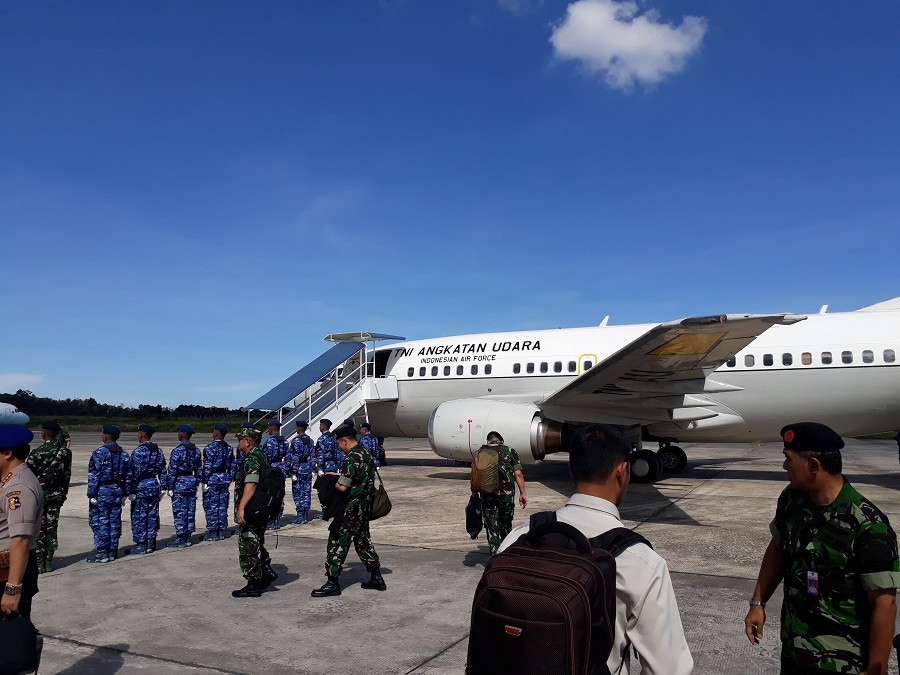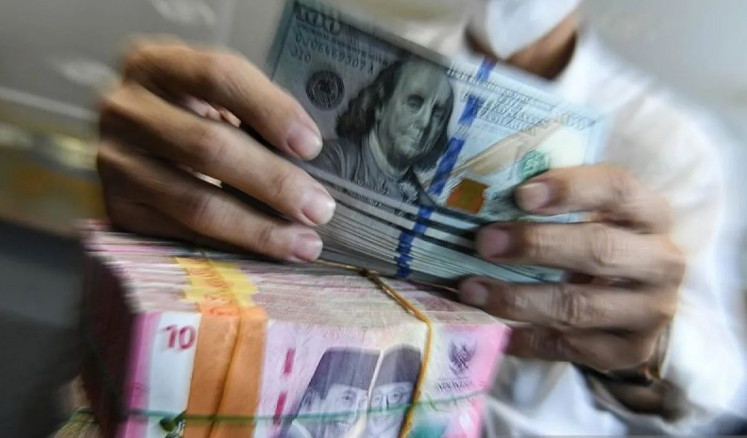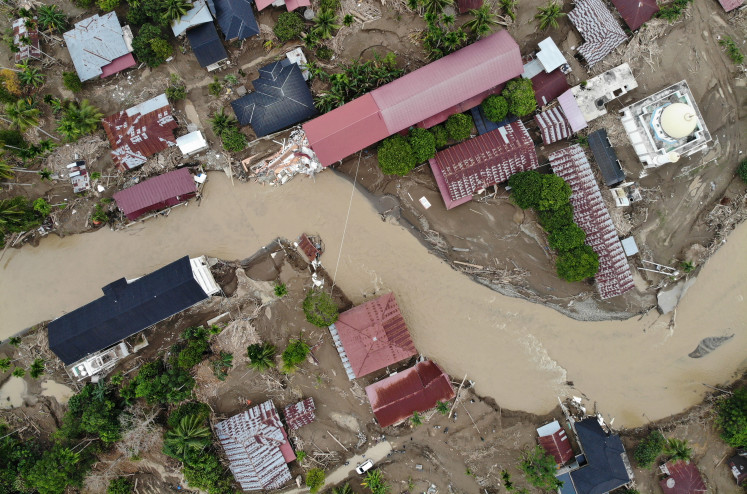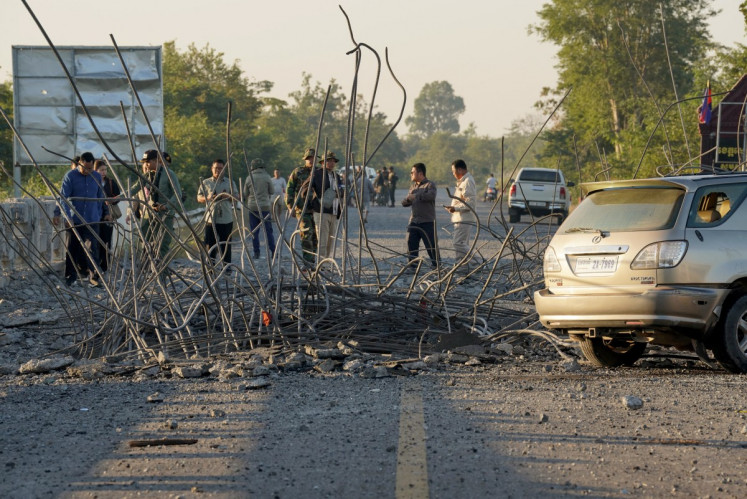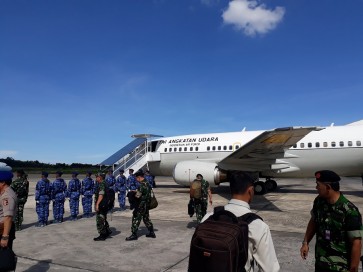Popular Reads
Top Results
Can't find what you're looking for?
View all search resultsPopular Reads
Top Results
Can't find what you're looking for?
View all search resultsAfter 50th birthday: Boost ASEAN's own security web
Asia needs an inclusive regional architecture.
Change text size
Gift Premium Articles
to Anyone
M
any analysts have written about ASEAN’s accomplishments and deficiencies over the past week. Some believe that ASEAN has fared well given its tumultuous Cold War history. Others think it isn’t doing enough on critical challenges like the South China Sea or North Korea.
Such a “glass half full/half empty” debate is not surprising amid ASEAN’s golden anniversary. But the debate also speaks to questions surrounding Asia’s burgeoning security architecture.
For one thing, Asia is now an integrated complex system running on geopolitics and globalization. It is hard to argue that today South, East and Southeast Asia are independent areas. Developments in New Delhi shape the region as much as those in Beijing, Singapore or Jakarta.
Further, the line between “traditional” and “non-traditional” security challenges has disappeared. Illegal fishing has strategic ramifications. Geopolitical rivalries shape infrastructure spending. Terrorism, border disputes and natural disasters demand equal attention from regional armed forces.
As complexity and connectivity grows, Asia needs an inclusive regional architecture. One that integrates a wider set of political, security and economic institutions. One that can manage strategic challenges, maintain regional order and expand shared prosperity.
Since the 1990s, ASEAN has tried to push and shove the rest of Asia in that direction. The group sought to export its “consensusseeking” and “dialogue-building” habit through regional fora. Some had hoped that this “ASEAN way” could be the architecture’s organizing principle.
But functional differentiations eventually grew throughout the various ASEAN-led mechanisms. Some have focused more on regional security (e.g. ASEAN Regional Forum) or defense (e.g. ASEAN Defense Ministers’ Meeting Plus). Others have tackled economic (e.g. Asia Pacific Economic Cooperation forum) or political questions (e.g. East Asia Summit). These institutions have taken on a life of their own and have not been well-integrated with one another. They then settled for snail-paced meetings and processes rather than concrete strategic outcomes.

